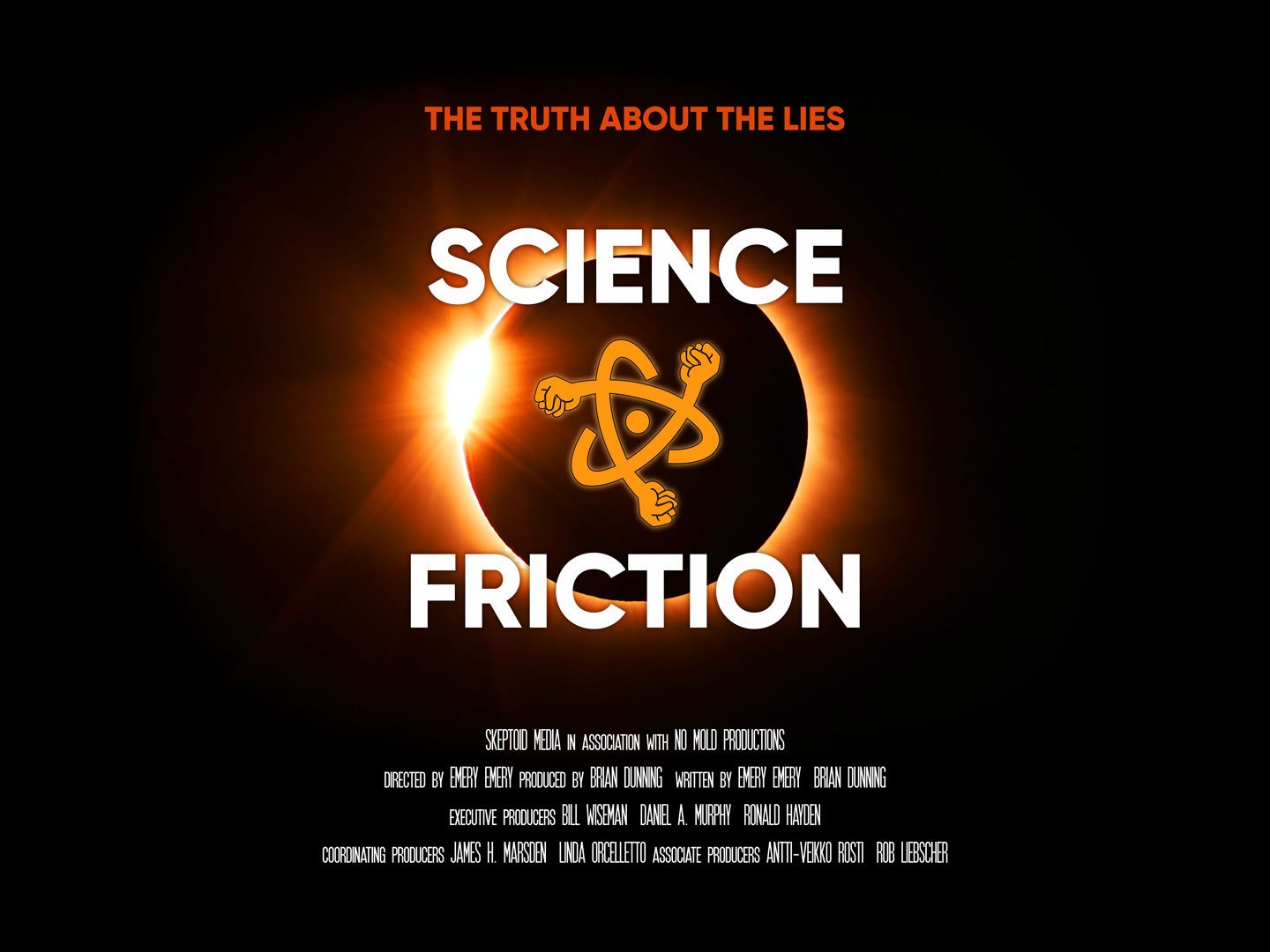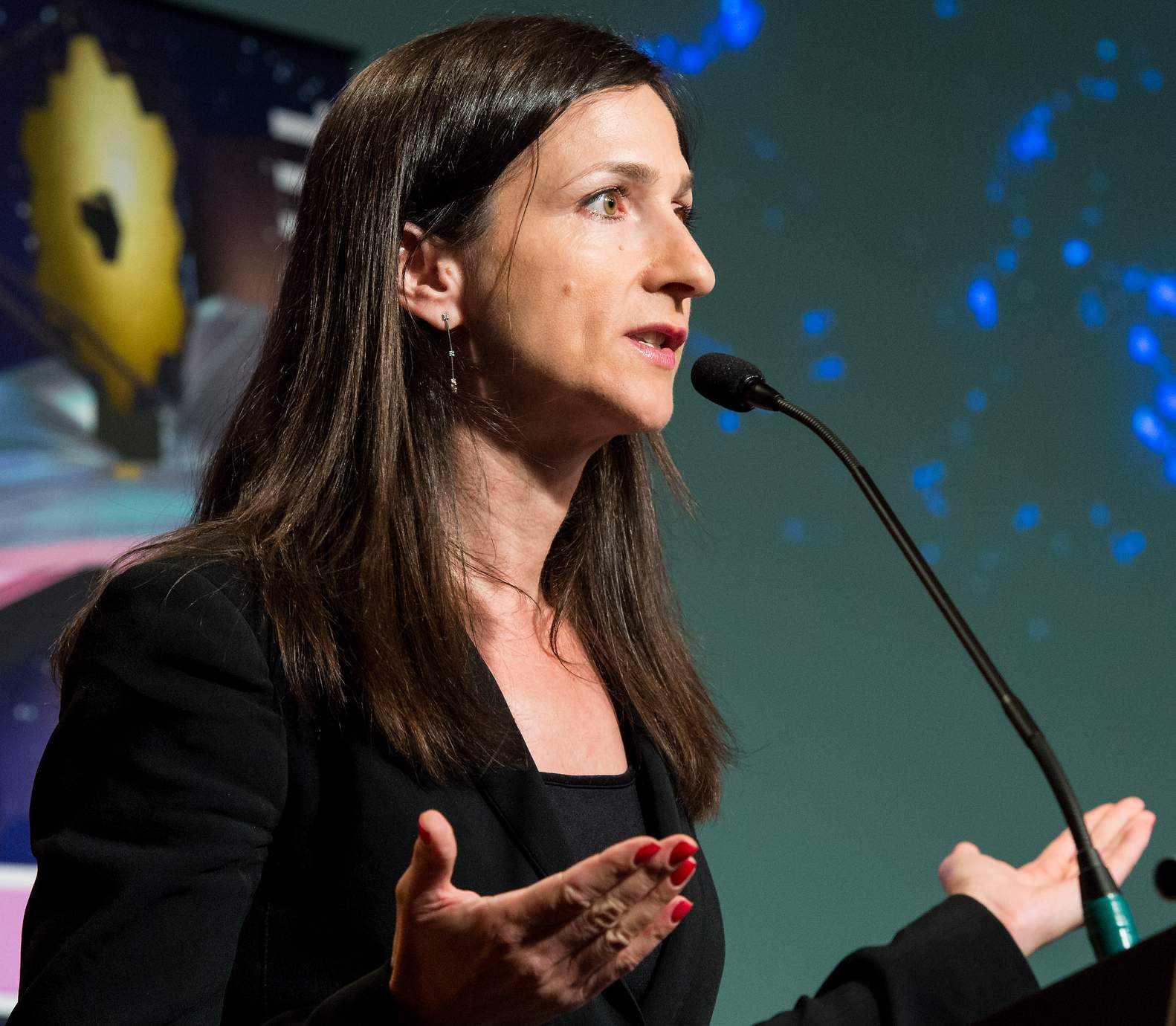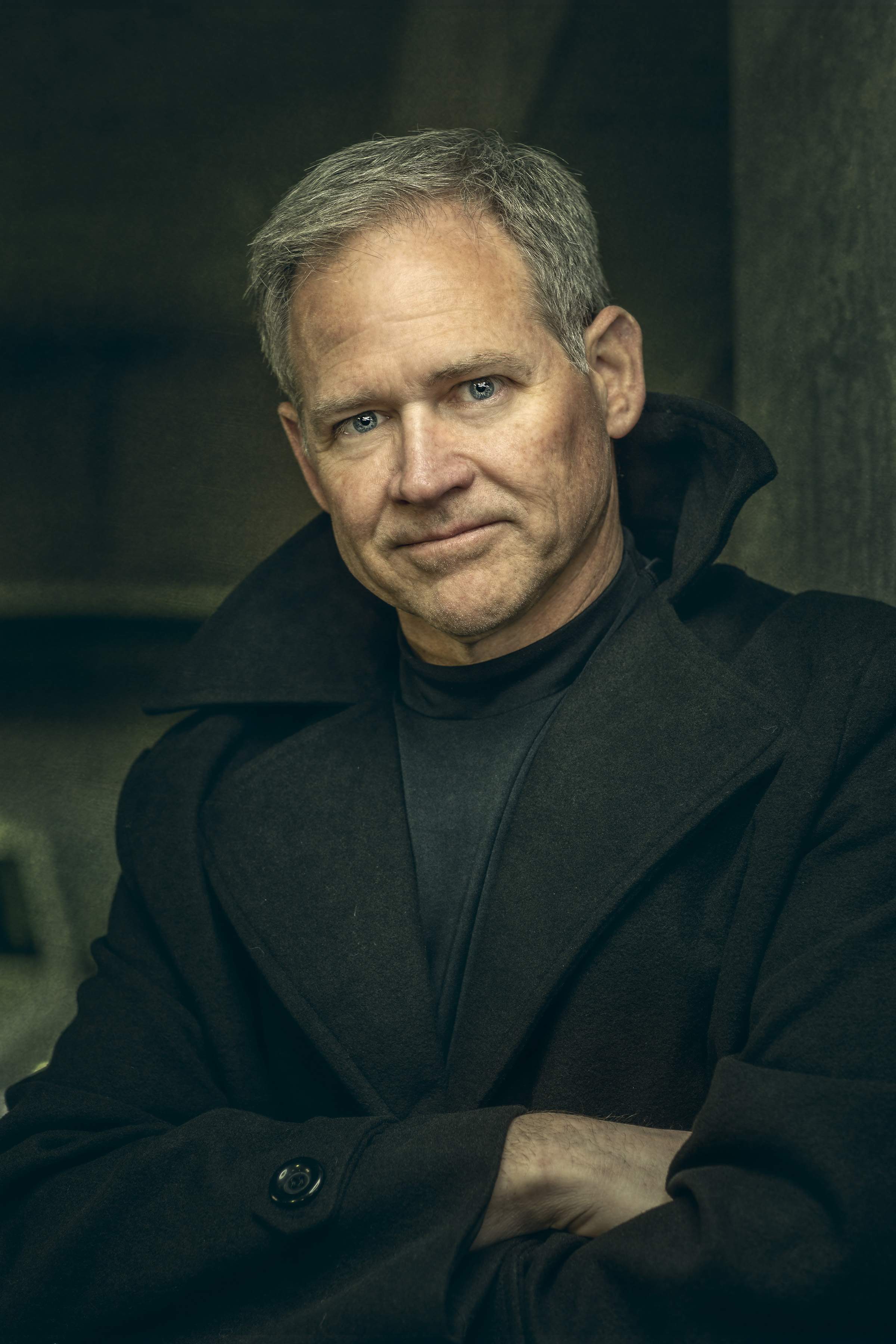When your words become alien
Good science communication is something we can’t value highly enough. Many of us are trying to share our passion with the public, the mediums for which have grown exponentially. But still the big two sources for the communication I’d argue is still the news and documentary film.
Skeptoid media did release their movie “Science friction” on Amazon prime and Tubi recently. This project has been in the works for a couple of years and have previously made it quite well in a number of movie festivals.

The documentary is exploring the darker side of science communication. It’s not a new fact that scientists and experts have been misrepresented, cleverly cut or even lied to. A quick look would show you that this issue is not new or even that small. You have examples such as “Channel 4’ - The Great Global Warming Swindle”, “Seaspirary” among others.
What “Science friction” offers is a chance for scientists and science communicators to share their experience with shows such as Strange Evidence. Dr. David S. Andersson does explain the tactics from Ancient Aliens and gives viewers an understanding on how shows like this work and their methods.
Science Friction feels as if it’s split in two parts, one where the target seems to be targeted to the general public. The second seems to be more of a warning towards scientists. Even though the documentary is fascinating and never dull I feel as if we’re missing something.
We hear and see clips from Ancient Aliens but we never hear from anyone who appeared on the show itself. Dr. David S. Andersson does a fantastic job, but we don’t get to understand how Ancient Aliens managed to get “non-believers” on.
Through the looking glass of Ancient Aliens
But by luck and coincidence I had been in contact through email with Professor Sara Seager who appeared as a talking head on the show on and off for three seasons. I had asked her a few questions and her answers are presented here.

- Do you regret participating in this tv-show?
That kind of question is not part of my approach to life. This is the first time I’ve considered the question about the show.
- Do you feel misled by the production team behind it?
No, but perhaps somewhat. Some background. The initial pilot program production apparently interviewed an equal number of proponents as opponents of the Ancient Alien Theory. The interviewer of the original pilot (who had a larger role, perhaps as producer and director?) was very knowledgeable, passionate about the subject, and sincere. So imagine my surprise when I watched the pilot program and saw about 95% proponents and 5% opponents. I also noticed the proponents were engaging and charming whereas the opponents were more boring and “robotic”.
- How long was an interview with the team
One to two hours, about 2x per year.
- Do you feel as if they tried to guide your answer or set up for quote mining?
Yes but this is typical, even of more reputable programs, for efficiency. They sent me a list of questions in advance and I aimed to give brief answers. All questions are optional so some I would skip if it wasn’t my area of knowledge.
- You participated in three seasons if I'm not mistaken. Why not less or more?
I typically don’t watch the shows I film for, because there are too many of them. At some point various colleagues would ask why I was on Ancient Aliens. I’d respond, “why are you watching such a show?” We understand the show is for entertainment though some might take it too seriously.
At one point, one of my graduate students said he was very disappointed in me for being on the show. So I thought I should check it out. I saw that I was being featured as a supporter of all kinds of crazy ideas. This would be me defining or describing a concept and then the show would move to someone else or the narrator providing support for the crazy theory. Whatever follow up statement I gave during that interview about why the crazy concept was wrong would be missing.
So I thought I’d give it one more shot, during an interview giving the definition and negative statement all in one breath. What resulted was my statements being chopped up mid sentence, very obviously so. At this point I knew I was being misled, but it was more me not paying attention, as nothing was promised or bigger picture described, except for the pilot program. Result: I decided to stop participating in the show.
I think Ancient Aliens may be re-using my old footage in newer shows, but I’m not sure since I don’t watch it.
Recently someone from the show’s production side asked if I was interested in being on it again. I said no and explained why. No one cares. “Race to the bottom” as my husband says.
One more thing people wonder is why was I on the show at all? I love speculation and imagination about all the possibilities out there — as long as the support or in this case lack thereof is presented. There are unsolved mysteries out there and the world should know about them.
But why though?
I would have liked it if “Science Friction” asked the question “why” more. Even if it’s somewhat answered in the interviews with Ben Radford and Scott Mardis “Science friction” does not really try to answer this. Sure, I think the answer could be best described as “Even within a public service broadcaster like the BBC with a remit for education, every programme lives or dies by the number of viewers or listeners it gets” (Murduc 2010).
But if we want to do better we need to understand the intended viewer in a sense to avoid a boomerang effect. We’ve seen that for example “Climate change denialism” has cemented down by party lines (Hart and Nisbet, 2011). People tend to want to see what they already believe in. The networks clearly have this formula worked out but how do we break it?
Is there an escape?
We don’t really get an answer to this either, I felt afterward. Rather the opposite when Alison Van Eenennaam and Steven Novella talking about their experiences on shows like Dr. Oz and Opera. We have a rather bleak comment saying “the scientists never win in the editing room”.
I think the hope from the director Emery Emery and producer Brian Dunning was to get the audience riled up and demand better TV. Because we don’t really get any way forward from the film. I would have liked to hear more of different solutions and ways forward. Especially from the interviewees who could offer this from an inside perspective.

Sure, Vincent Campell covers a lot of this in his book “Science, Entertainment and Television Documentary”. We also have attempts to guide scientists such as “Introducing science communication : a practical guide”. These things are a good start but I think we in the scientific community need to talk even more about these things and help each other. Sure, being misquoted on a TV-show about aliens might not be harmful. But these methods are used in more sinister settings such as anti-vax (that’s covered in Science friction) and how to break though there has been a long going discussion (Kahan, 2013).
We should not forget that there’s discussion among the documentary makers too. Just as important we need to think on how we communicate our research and how it’s made (West and Bergstrom, 2021). So finding a quick and easy fix isn’t in the stars so to say. But with us starting to talk more among each other and with all the different parties there might be a way forward. Maybe there’s a need for a larger organization who can help coordinate talks and make demands on a market who desperately needs it.
How about that elephant over there?
Then there’s the elephant in the, well, sofa I assume. Dawkins and Shermer's appearance in the show felt off in light of previous events. I want a skeptic movement that’s inclusive, safe and strong. These two are not symbols of this and I would not have an issue with them being there if they’ve tried to become better. But they’ve not and to be fair, the documentary would have survived and maybe even been better without them. There’s far more interesting people out there to be fair and even if these two were a big deal before, they aren’t any longer.
All in all
Should you watch this documentary? Well yes, it does have something to say and I think it’s important to understand how this business works. It might not have all the answers or ask all the questions but it’s a start. Even more important is that you and I start to demand more from networks, producers and maybe even each other. Together I do believe that we can make infodocutaiment better and more important scientific correct.
Sources:
Campbell, V. (2016). Science, Entertainment and Television Documentary. London Palgrave Macmillan Uk :Imprint: Palgrave Macmillan.
Gibson, O. (2008). Channel 4 to be censured over controversial climate film. [online] Available at: https://www.theguardian.com/media/2008/jul/19/channel4.climatechange .
Hart, P.S. and Nisbet, E.C. (2011). Boomerang Effects in Science Communication. Communication Research, 39(6), pp.701–723.
Kahan, D.M. (2013). A Risky Science Communication Environment for Vaccines. Science, 342(6154), pp.53–54.
Nichols, B. (2015). What to Do About Documentary Distortion? Toward a Code of Ethics. [online] International Documentary Association. Available at: https://www.documentary.org/feature/what-do-about-documentary-distortion-toward-code-ethics .
Pollak, A. (2008). ‘Analyzing TV Documentaries’ in Wodak, R. Krzyżanowski, M. (ed.), Qualitative Discourse Analysis in the Social Sciences. Basingstoke, Hants. ; New York: Palgrave Macmillan, Dr. pp 77-96.
West, J.D. and Bergstrom, C.T. (2021). Misinformation in and about science. Proceedings of the National Academy of Sciences, 118(15), p.e1912444117.
Brake, M. and Weitkamp, E. (2010). Introducing science communication : a practical guide. Houndmills, Basingstoke, Hampshire ; New York: Palgrave Macmillan.
Kirby, D. A. (2003). Science Consultants, Fictional Films, and Scientific Practice. Social Studies of Science, 33(2), 231–268. http://www.jstor.org/stable/3183078
McVeigh, K. (2021). Seaspiracy: Netflix documentary accused of misrepresentation by participants. [online] the Guardian. Available at: https://www.theguardian.com/environment/2021/mar/31/seaspiracy-netflix-documentary-accused-of-misrepresentation-by-participants .